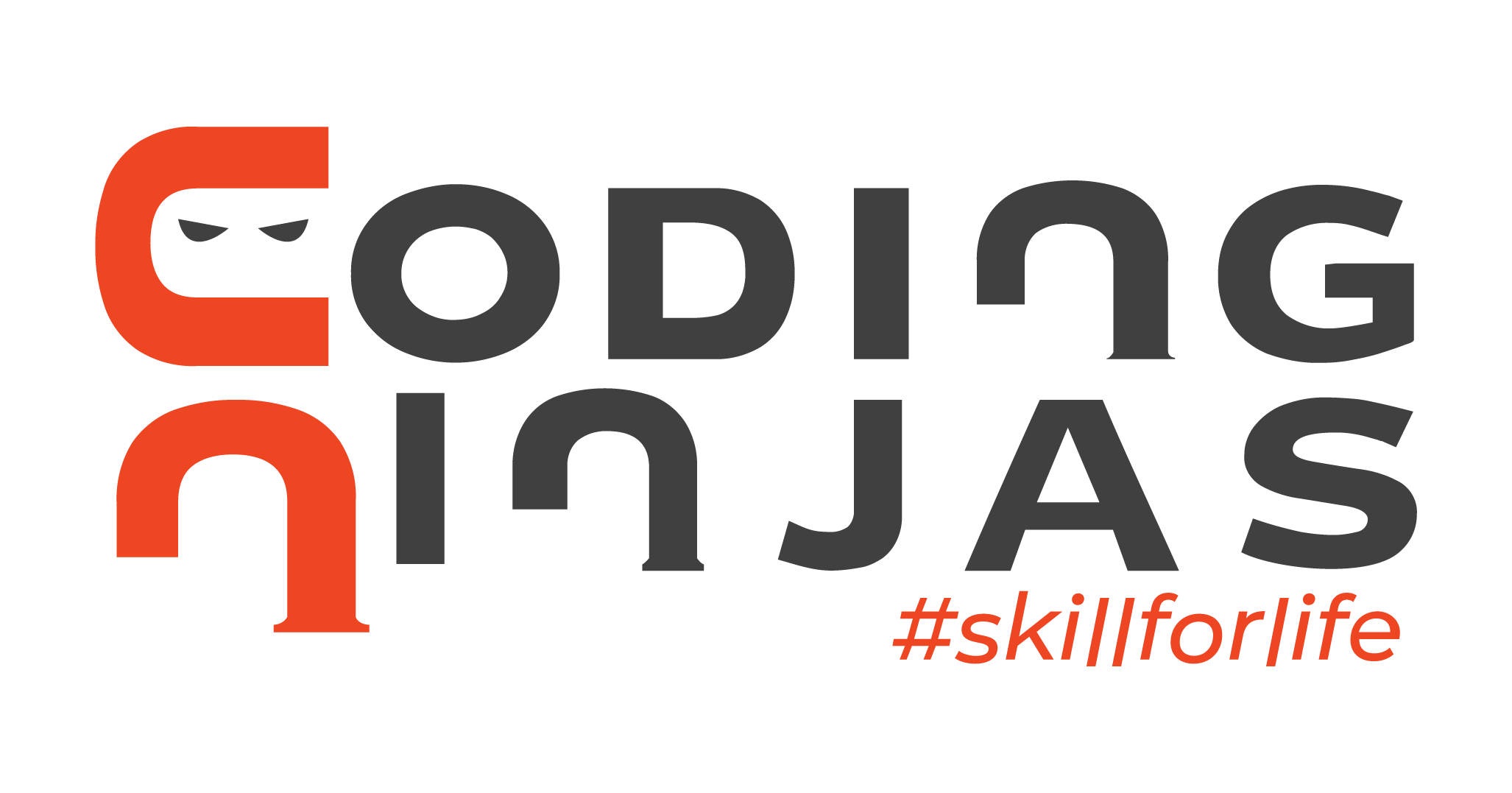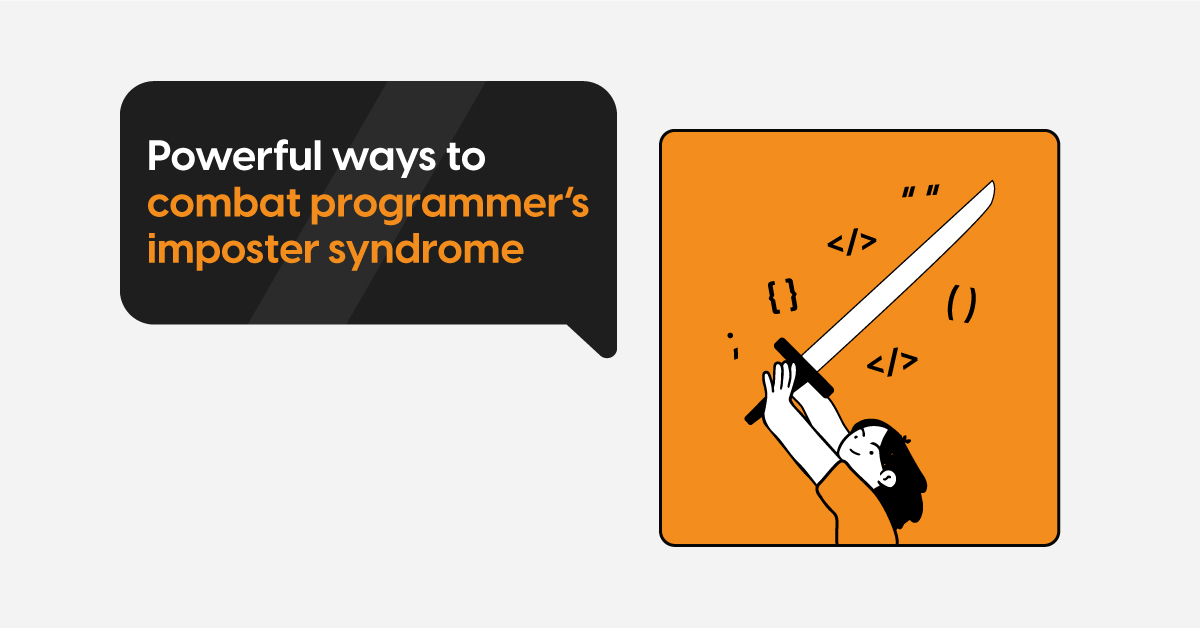Have you ever had doubts regarding your skills? Or do you still feel that there is inadequacy in your skills and capabilities as a coder? If that is so, you are facing something called “Imposter Syndrome.”
Imposter syndrome is a phenomenon in human psychology and can be experienced by anyone with any skill.
If you are experiencing Imposter Syndrome, then it means that as a coder, you are unable to write a code and get the job done. It may feel as though one day, you will be “caught,” and all your flaws will get exposed.
If you’ve had this feeling, then it will be comforting to know that imposter syndrome is very common, and everyone experiences it at some point in life. And it can reveal itself no matter how long you’ve been coding.
Imposter syndrome doesn’t just go away one day and not come back; it will show up periodically throughout your career.
But, how do you fight these emotions of self-doubt and inadequacy as a coder that imposter syndrome creates?
Table of Contents
Well, here are some tips that will help you fight these emotions.
1. Showcase your Projects
How to do that? You can do that by creating a Portfolio of your best work. Use a website to showcase any projects or accomplishments you want to highlight. Maintaining a GitHub profile and regularly committing your work is another way to record your work development.
If you are a newbie and have not gotten started yet with projects, you can start small and track your progress. For example, exercises and challenges you’ve completed as part of a tutorial or a course you’re taking.
2. Prove you can learn and adapt
Software development is a fast-moving industry, and it requires a coder to remain up-to-date on the latest technologies, frameworks, programming languages, and so on. It’s possible to feel like a newbie again as a programmer, as you constantly learn and adapt.
The suggestion is to embrace the challenge of continual learning and accept your ability to adapt as part of being a programmer. As you take on new projects, prove to yourself that you can pick up whatever skill you need when necessary.
3. Start a Dev Blog/ YouTube Channel
A blog or YouTube channel should be started with the intention to continue for the long term. Using either platform will give you the ability to share your knowledge, document what you’re learning, make recommendations, and express your opinions to others.
When suffering from imposter syndrome, you can use your blog to share your experience and how you are coping with it, and you can guide others too. You can also ask your followers for their suggestions, and together you can fight imposter syndrome.
4. Know your Value
When working in a field for a long time, the imposter syndrome can appear in the form of feeling like the skills you have will only apply to the exciting job and others might not hire you. Confidence can be boosted by being reminded of your value on the job market.
You can overcome this feeling by updating your resume and remind yourself how much you’ve grown in your development career. Compare your current skills with what the market is looking for. You will quickly discover there are other options and that your skills are indeed relevant to the market if your initial feelings were unjustified.
5. Actively participate in a community
There are certain communities for coders with people who can relate to imposter syndrome. Interacting with others who are also experiencing the same emotions and journey as you is a great way to combat those feelings!
But, don’t join a community and lie, actively participating is important. You must push yourself to produce content, whether it be posts, tutorials, or showcases of your work. By actively participating and seeing how others respond to your content, you can gain self-confidence.















Leave a Reply